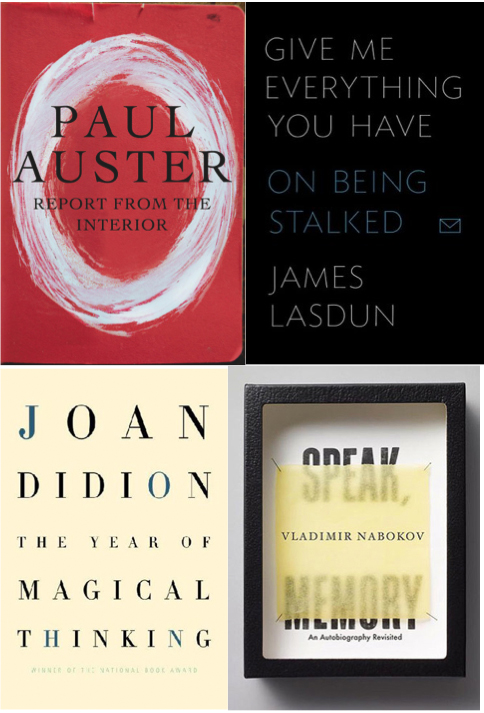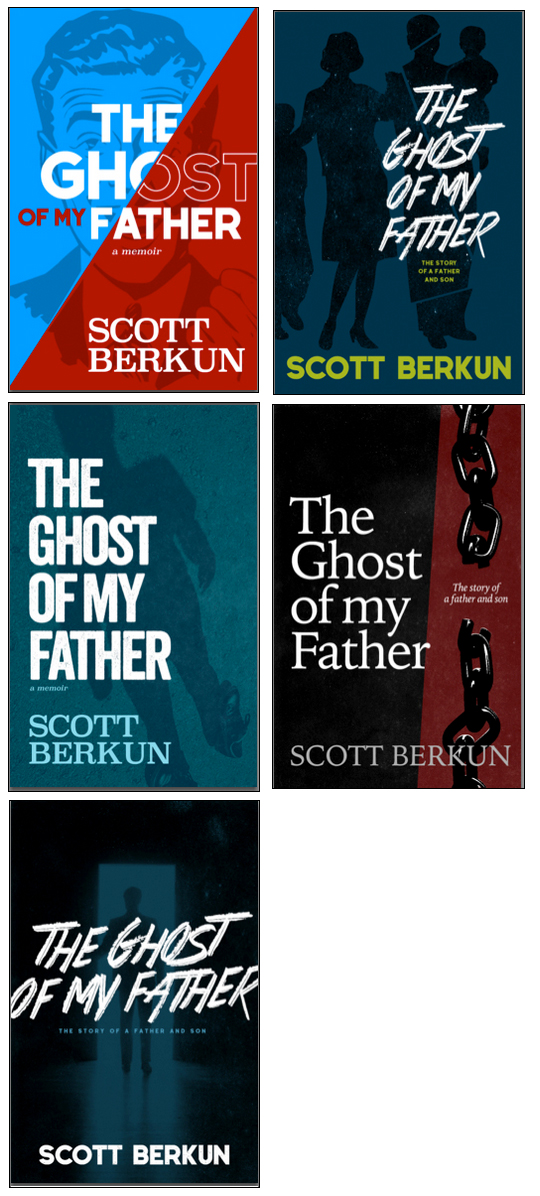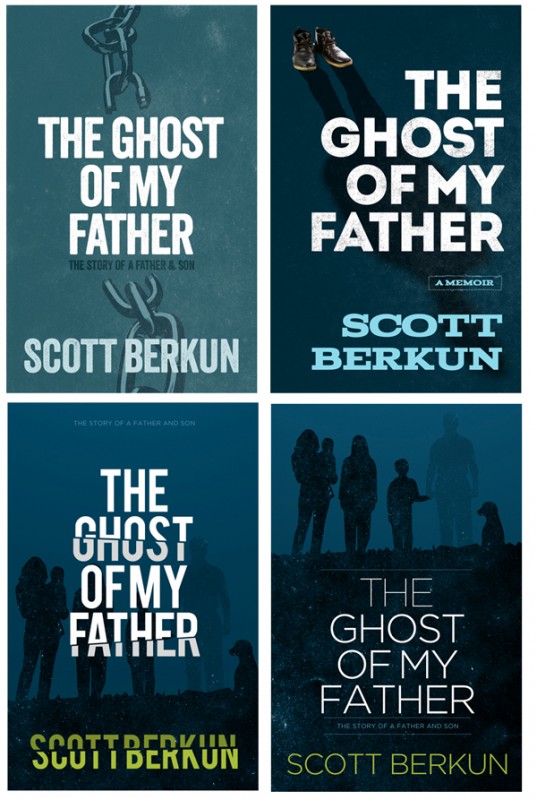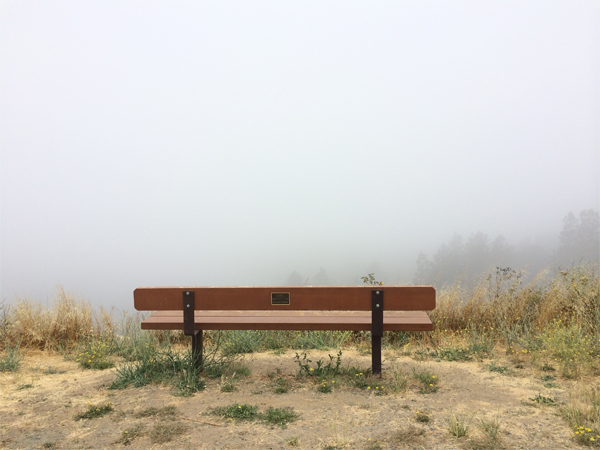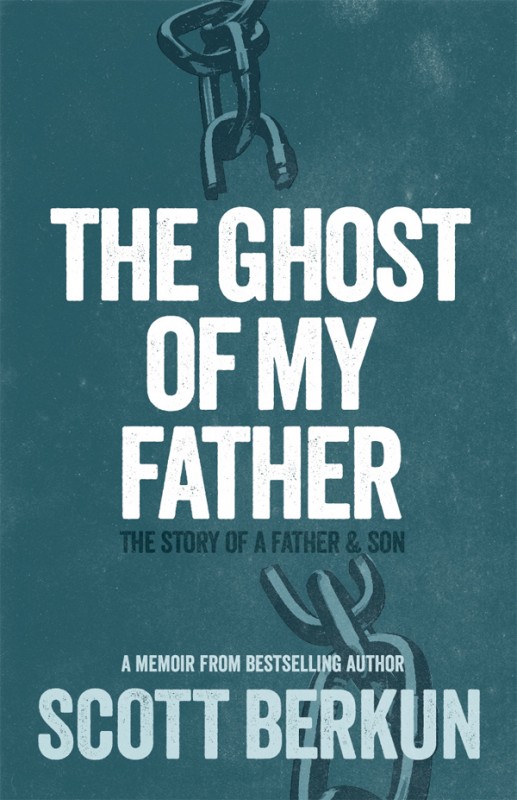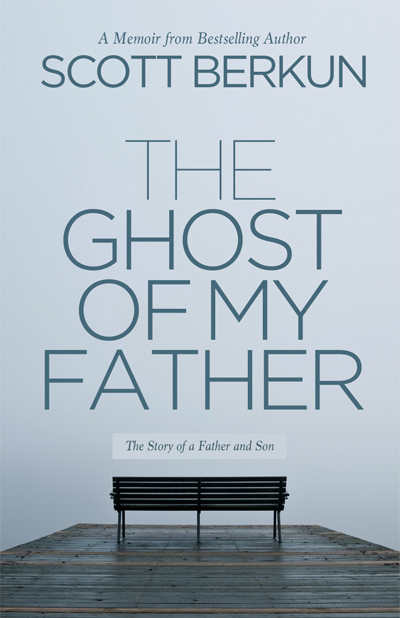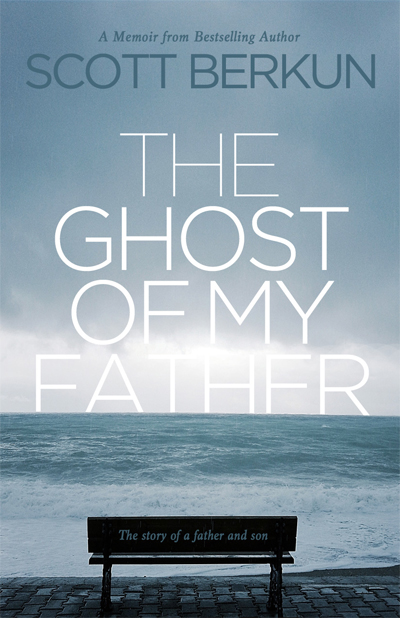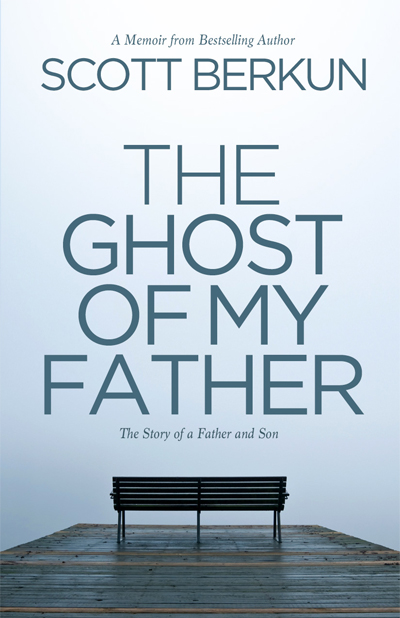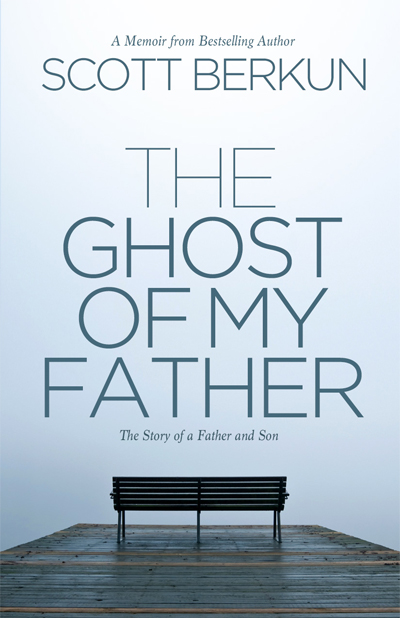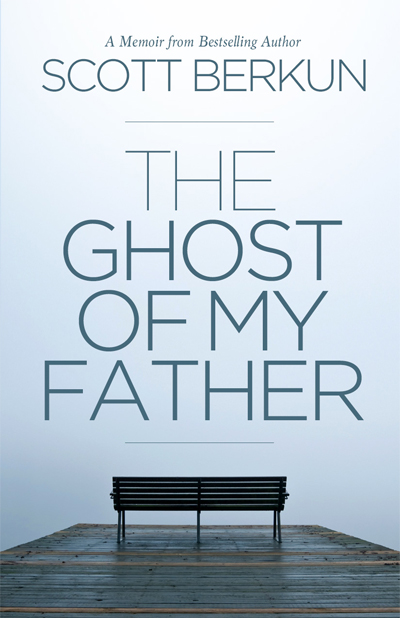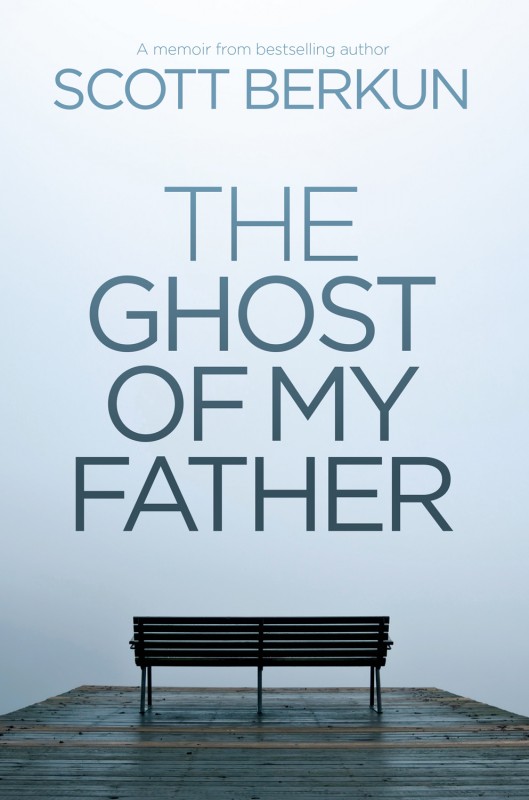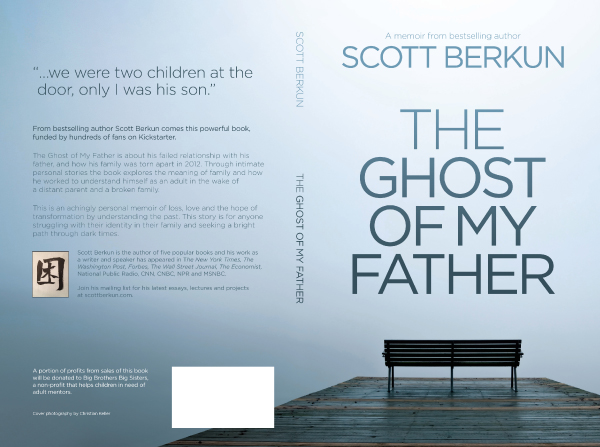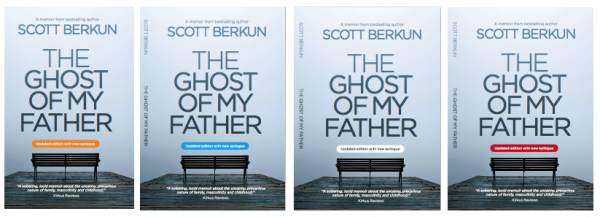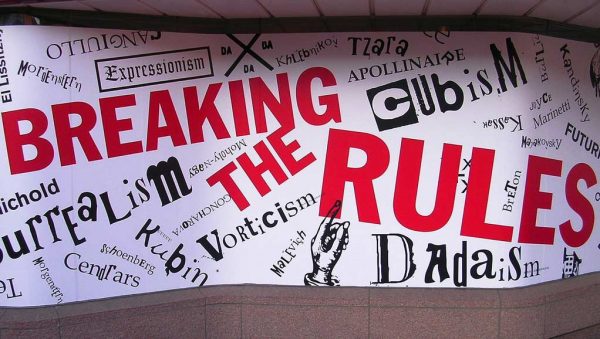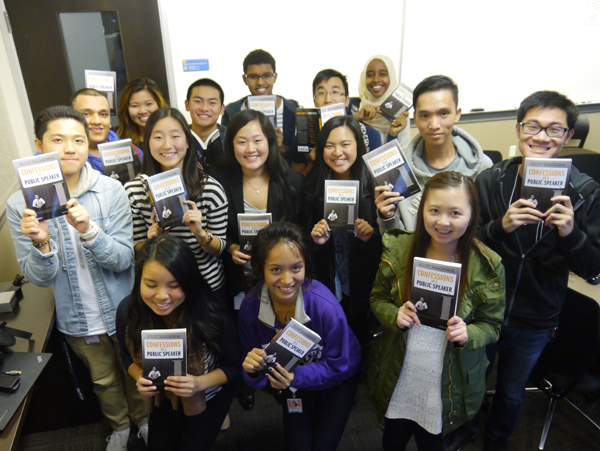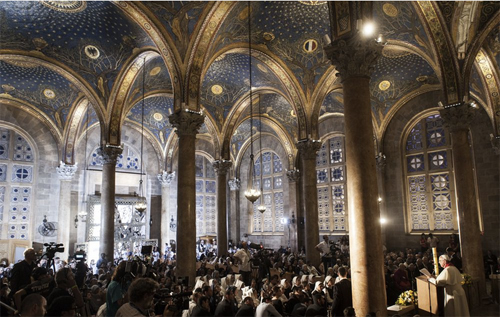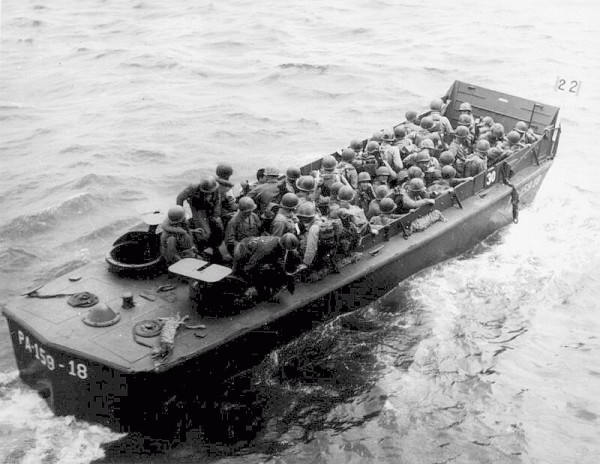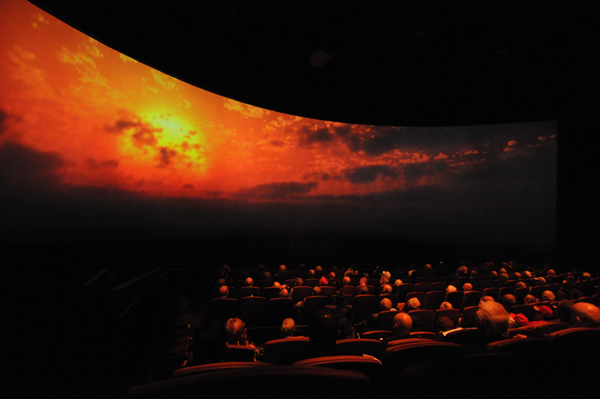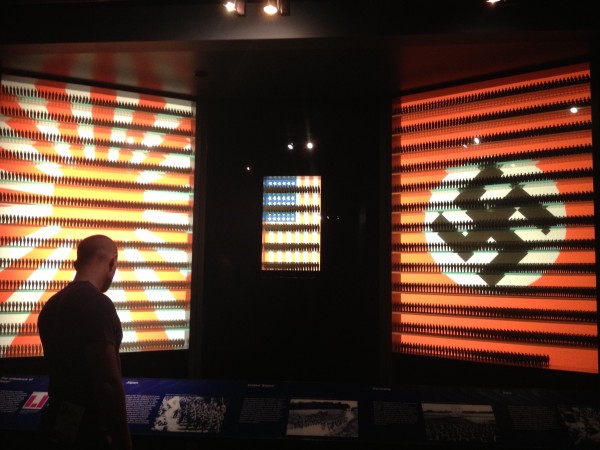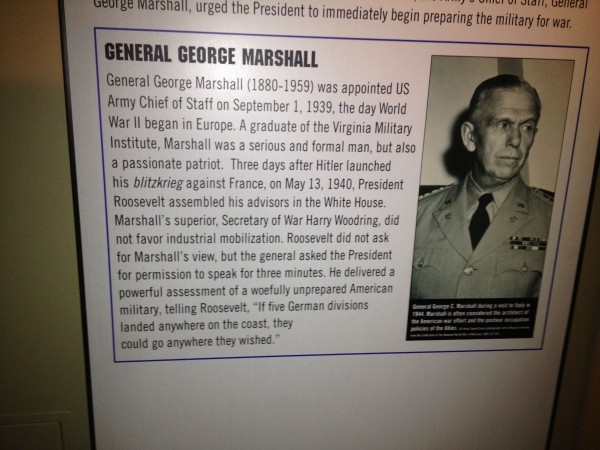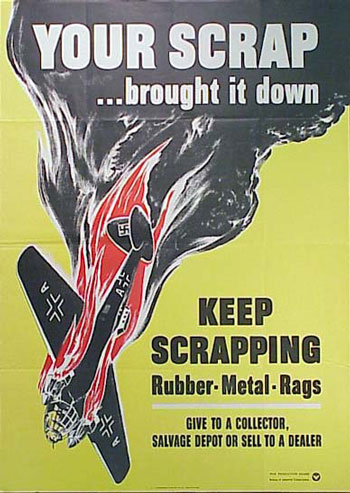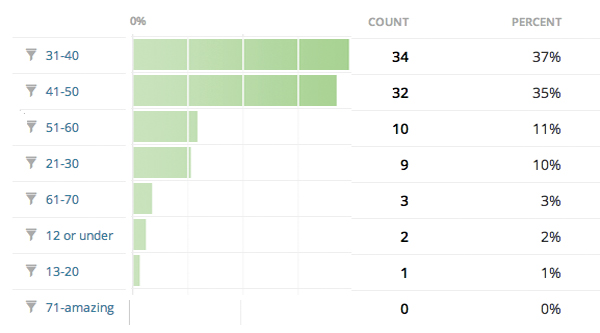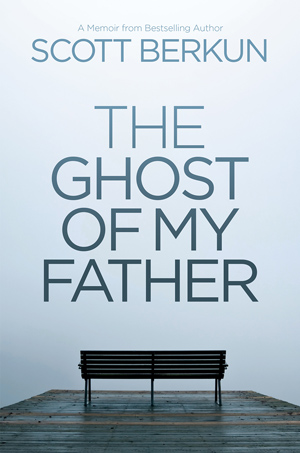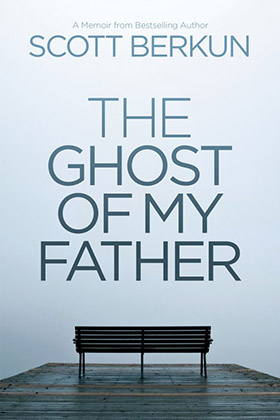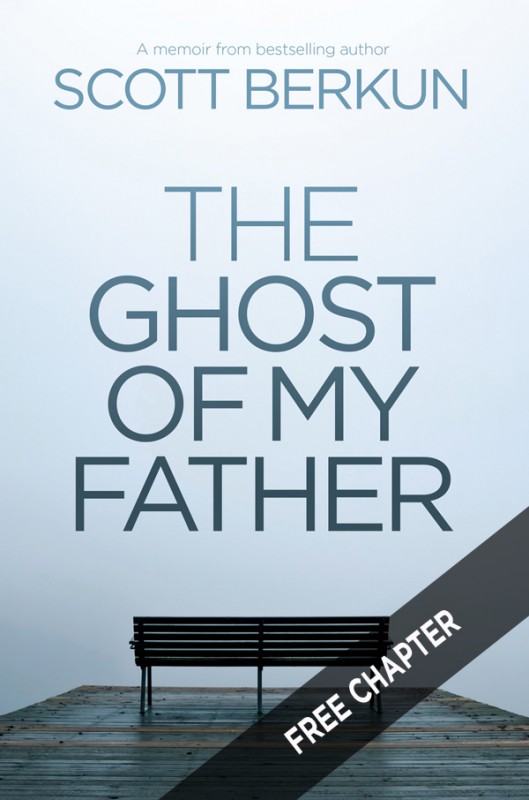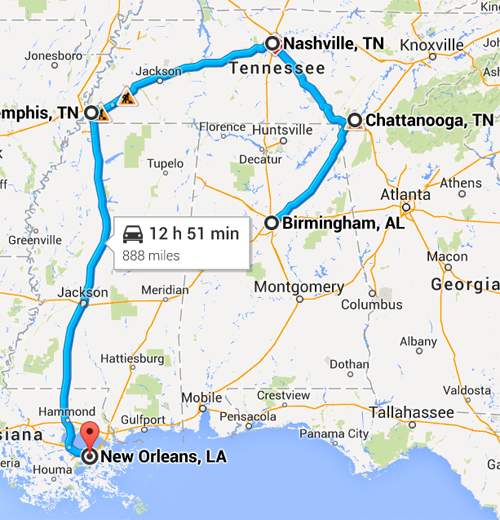Who influences me as an influencer?
Each week I take the top voted question from readers and answer it (submit one here). With 35 votes, this week’s winner was submitted by Rebekah.
Who influences you as an influencer?
I must start by admitting I am a bad fan. I’m on few email lists or newsletters. I just don’t follow people well. As much as love music, I’m often surprised to hear a band I love has a new album out or are on tour in my town. I don’t entirely know why it’s true about me, but I accept, gladly, that I don’t seem to need much to be happy. My consumption habits follow my curiosity more than anything and I’m more curious about what I don’t know than what I do know.
My biggest influences by far are dead people. That sounds morbid and I doubt it’s the answer you were hoping for. I used to be embarrassed to admit it, but it seems obvious now. When I read the news I often think about people from the past, and how they responded to similar events. The perennial appeal of Shakespeare or Socrates speaks to deep questions and ideas about the human condition that we are never going to fully resolve but need to wrestle with to be our best selves. Those writers, and many others, captured this well, often better than modern writers do. I think of Voltaire, Emerson… very little of the great literature and thinking of the past is put into practice today, or even remembered. I’m just now catching up on Doris Lessing and Ursula Le Guin. It goes on and on. The adage that we repeat the past is entirely true, it’s just a question of who repeats it, when and why. This doesn’t prevent progress but it does mean anyone interested in progress, which I am, must understand the patterns of humanity that we’re prone to repeating. We assume what’s new is best but I don’t believe this always applies anymore.
Readers are powerful. I’m in debt in a way to anyone who gives their time to consuming my work. When I meet folks who know who I am I’m often floored by how much they know about things I’m ignorant about, or how many questions they have that I haven’t thought of before. Half the reason I get up there on stage and write books is to invite a certain kind of discourse with people I don’t know. I’m a seeker and its often people who have read some of my work who are best at offering a suggestion, a book, a movie, a place, that challenges me or influences me the most. I consider my position a place of privilege and I honor that by reading every review, every email (or every ask berkun submission like this one). I want to stay in this position and I’m convinced my odds are best if I continue to be a seeker.
I look less to whatever is popular now. Being the most popular doesn’t mean you are the best. Many of our most popular influencers become popular by commenting on a very narrow subject repeatedly – they’re likely not the makers of movies or cathedrals or symphonies or anything other than commentary. And they may not be offering the best commentary either. They’re popular because they work hard (curation is a talent and requires work), they reliably cover the same topics, and they’re good at drawing attention to themselves. But the most influential people in the world are in some ways very conservative: their popularity hinges on them being palatable to a wide audience and as their popularity grows they fear losing it more than their interest in learning new things. The true progressives with the most interesting ideas are far more likely to be found on the fringes, not crazy enough to be completely ignored, but not attracted by popularity enough to let it dominate their choices. I follow what’s trending so I have a clue and I stay in touch, but I don’t chase trends (pssst: every trend we chase today we’ve chased before and will chase again). When you write to chase a trend it creates work with a short shelf life.
I’m deeply inspired by people who put take risks for the ideas they believe in. So many people claim to be passionate about something, but put absolutely nothing at stake for those ideas. Anita Sarkeesian has been on my mind often this year. For all the pundits I know, I cant think of many who have bravely endured what she has, simply for having a strong opinion and standing behind it. Voltaire wrote while in exile from his own country: how many bloggers or social media gurus care enough about an idea to put up with that? I’m inspired by benevolent conviction. I don’t agree with everything Sarkeesian has to say, but her work has made me think of the things I’m afraid to say and why I haven’t said them.
Books and movies influence me more than blogs and media. I’ve listed the books that have influenced me the most (see My favorite books and why I love them). I think of books first as they have a depth of thinking and experience that lasts with me far longer than magazine articles and blog posts. I usually read books over several days, or longer, and that time gives me space to think for myself in between the writer’s thoughts. I read ~20 books a year, possibly more if I’m working on a book, less if I’m not as dedicated to my craft (reading well is a big part of writing well). Movies strike deeper chords with me too. There’s something about a 2 hour immersion in a filmmakers world that has powers no other media has.
Twitter and Facebook are for serendipity. Social media helps me find and connect with people and I love it for that. For better and worse many people find my work through social media. It’s like a busy street corner, where sometimes you see old friends, sometimes you get into fights, and mostly you’re never sure what you’re going to get. But it’s a shallow media. You can’t get deep and it’s easy to read people wrong when you do. You can see who I follow on twitter and it gives a good idea of my social network and interests, but debates and discussions there only go so far. I much prefer boozy dinners and nights in pubs, with some people I know well and some people I don’t, who all enjoy serious conversation with people who don’t agree with them. I try to use Twitter and Facebook to get me face to face (or at least on email) with interesting people – thinking of social media as a means to other ends changes its value dramatically.
What should I read or see or do that you don’t think I have? My mind is open.

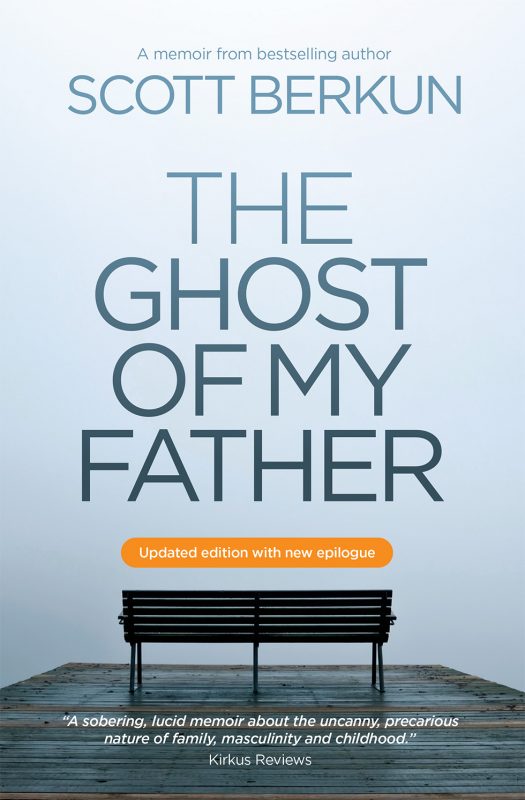 What? Who is this Berkun guy and why should I care he wrote a book? Good questions indeed. Here are the answers.
What? Who is this Berkun guy and why should I care he wrote a book? Good questions indeed. Here are the answers.